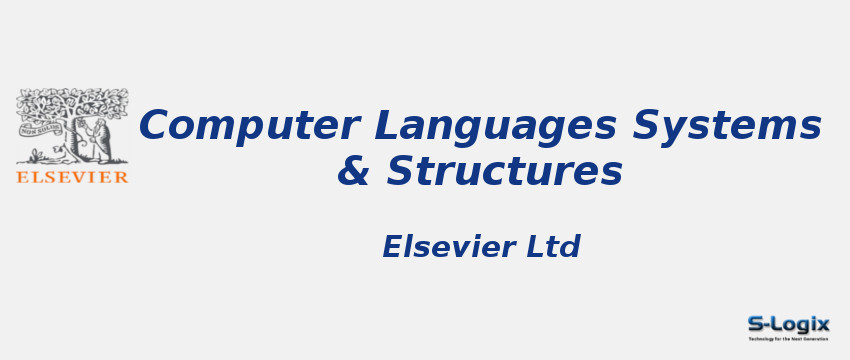Journal Home: Journal Homepage
Editor-in-Chief: Marjan Mernik
Print ISSN: 1477-8424
Electronic ISSN: 1873-6866
Abstracting and Indexing: Science Citation Index Expanded, Scopus.
Imapct Factor 2024: 0
Subject Area and Category: Computer Sciences, Mathematics
Publication Frequency: Quarterly
H Index: 0
Q1:
Q2:
Q3:
Q4:
Cite Score: 0.0
SNIP: 1.193
Journal Rank(SJR): 0.438
Latest Articles: Latest Articles in Computer Languages Systems & Structures
Guidelines for Authors: Computer Languages Systems & Structures Author Guidelines
Paper Submissions: Paper Submissions in Computer Languages Systems & Structures
Publisher: Pergamon-elsevier Science Ltd
Country: England
